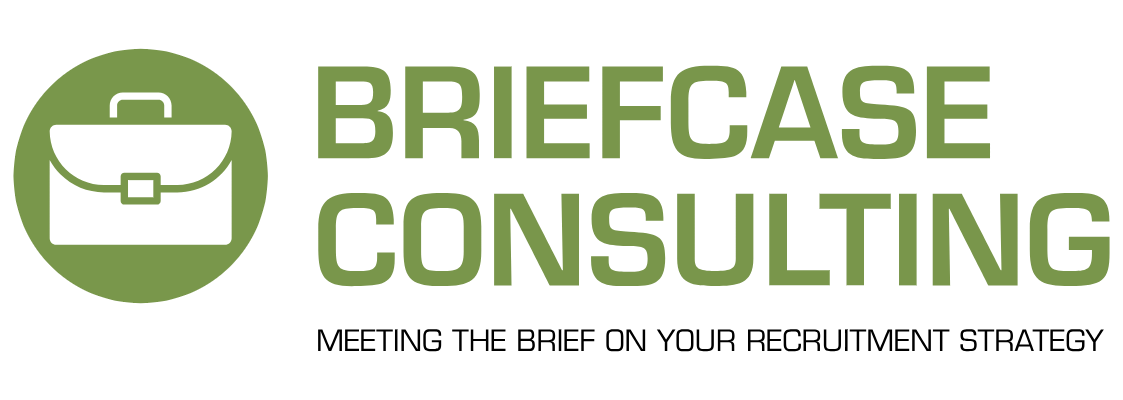Top Skills Law Firms Will Prioritise in 2025
The legal industry continues to evolve rapidly—so do the expectations law firms have for new hires. In 2025, firms are looking for more than just legal expertise. They want professionals who can navigate technology, adapt to change, and deliver real value to clients.
1. Proficiency with AI Tools
AI-powered platforms for research, contract analysis, and document review are now routine in many firms. Familiarity with tools like Luminance, CoCounsel (Casetext), Harvey, LeAh (by ContractPodAI), Spellbook, and Lexis+ AI isn’t just a bonus, it’s expected. Increasingly, firms are also experimenting with Litigation prediction platforms (like Blue J Legal) and AI-powered compliance monitoring tools. Candidates who can use these tools confidently, and understand their limits, will have a competitive edge.
2. Generative AI for Drafting & Strategy
Beyond traditional research, lawyers are expected to leverage generative AI for drafting contracts, memos, pleadings, and even client-facing content. Tools like Jasper for legal marketing, ChatGPT Enterprise with legal plugins, and Thomson Reuters’ AI integrations are becoming commonplace. The differentiator isn’t just using them—it’s knowing how to prompt effectively, fact-check outputs, and integrate AI into workflows while maintaining ethical obligations.
3. Broader Tech Literacy
Beyond AI, firms need professionals who understand legal tech essentials like eDiscovery platforms, cybersecurity, and data privacy. Skills in data analytics or even basic coding (Python, SQL) are increasingly useful, especially for litigation support and regulatory work. Knowledge of tools like Relativity, Everlaw, and DISCO, plus awareness of cybersecurity frameworks like NIST and ISO 27001, is highly valued.
4. Data-Driven Practice & Legal Ops Tools
Law firms are investing in legal operations platforms (like Ironclad, ContractWorks, and CLM suites) and knowledge management systems powered by AI. Candidates who can analyse case data, billing trends, or even client risk profiles will stand out. Expect predictive analytics and legal project management software (like Legal Tracker) to be part of the workflow.
5. Client Service and Commercial Awareness
Law firms increasingly expect lawyers and staff to deliver more than legal advice. Understanding a client’s industry, anticipating business needs, and offering tech-enabled, commercially sound solutions are key attributes firms are seeking. Knowing how to explain AI-driven insights in plain business terms is becoming as important as the analysis itself.
6. Adaptability and Change Management
Whether it’s adopting new billing models, integrating AI co-pilots into daily work, or navigating shifting client expectations, adaptability is critical. Firms want professionals who are open to change and can help manage it effectively within their teams and organisations. Knowledge of legal design thinking and process improvement methodologies (Lean, Agile) is a plus.
7. Collaboration and Emotional Intelligence
As hybrid work becomes the norm, soft skills like communication, teamwork, and emotional intelligence are essential. The ability to build strong relationships, both in-person and virtually, makes a tangible difference in today’s legal environment. With AI taking on routine work, human judgment, persuasion, and empathy are becoming even more valuable.
8. Ethics, Regulation, and Responsible AI Use
By 2025, regulators are paying close attention to how AI is used in legal practice. Firms need lawyers who understand AI ethics, bias, transparency, and data privacy obligations. Familiarity with evolving rules is not optional. Being able to navigate these complexities shows strategic foresight.
Tip: When applying, don’t just list these skills. Use real examples that show how you’ve applied them in practice, whether it’s using AI to streamline a review process, leading a change initiative, or helping a client adopt tech-enabled compliance solutions.
